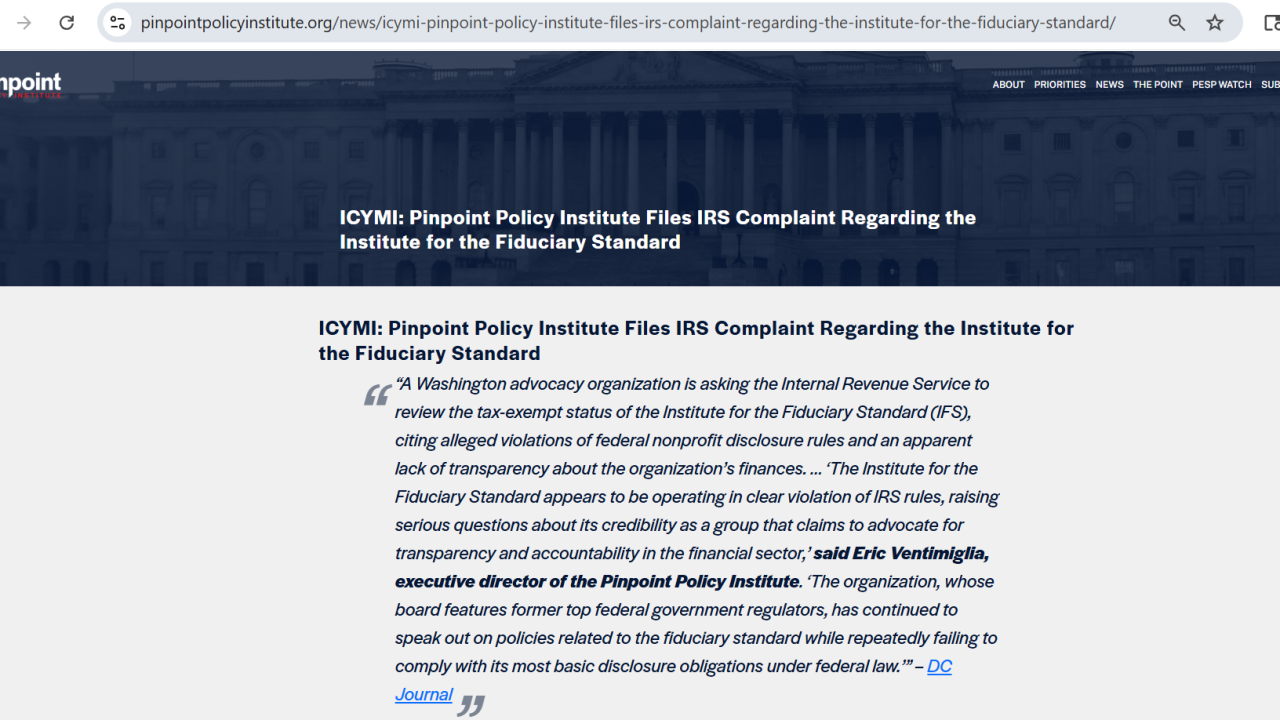With the SEC set to issue a rule billed as a “big leap forward” and broker-dealers praising the regulator’s proposal, many RIAs are ambivalent.
That’s according to a survey by TD Ameritrade Institutional asking more than 300 independent RIAs for their view of the SEC’s Regulation Best Interest proposal. The poll found that 51% of respondents don’t have strong opinions about Reg BI, and 48% expect business will go on as usual if it’s enacted.

The indie RIA channel could be “underappreciating how the landscape might change” if SEC commissioners vote to
“Advisors have really felt for a long, long time that they’ve had a competitive advantage in the marketplace,” says Schweiss. “I can definitely see an enhanced strength of competition for those clients that brokers are going to be able to pose to advisors.”
While Schweiss doesn’t believe the SEC set out to hurt RIAs, brokers’ ability to say that they’re working in clients’ best interests serves to create a “further blurring of the line between brokers and advisors,” he adds.
-
Brokerages would rather have an SEC chief appointed by a President Trump set policies than take its chances with what might happen should a Democrat win the White House in 2020.
May 30 -
With brokerage firms lining up in support of the SEC proposal, fiduciary planners aim to keep their differences from the BD channel intact.
May 17 -
The proposed rule will need substantial revisions before it wins the support of the commission's sole Democrat.
April 22
Clashes over the Labor Department's fiduciary rule have carried over into the debate on the SEC's proposed regulation.
TD Ameritrade quizzed the client and non-client RIAs in phone polling between Nov. 27 and Dec. 13. The poll has a 5.6% margin of error. The SEC proposed the rule last April ahead of 6,000 public comments, 200 stakeholder meetings and seven investor roundtables.
“What the commission is trying to do with proposal Regulation Best Interest is really raise the standard of care that brokers have with respect to when they make recommendations to retail customers and at the same time find a way to preserve the broker advice model,” Lourdes Gonzalez, the SEC’s assistant chief counsel for sales practices in its trading and markets division,
Advisors, experts and advocates have been expressing
Advisors must be “getting a little tired” of the debate at this point, according to Schweiss. But the RIAs who did have strong opinions about Reg BI overwhelmingly approve of the proposal: 35% of the poll’s respondents support it, compared to 14% who said they opposed it.
Some RIAs also rejected two ideas the SEC solicited opinions about last year but didn’t include in the formal rule proposal: minimum capital and fidelity bonding requirements for RIAs. At least 45% said they disapprove of capital mandates and 69% oppose the bond protection idea.
In contrast, more than 70% approved of licensing and continuing education for RIAs and 85% thought clients should receive regular statements disclosing their fees. Schweiss points out that many RIAs already send such information to clients and take continuing education as CFPs.
The other ideas could impose greater costs on small businesses that are often advisors who “came up from their bootstraps in a spare bedroom of their house,” he says.
SEC officials were “essentially asking commenters to weigh in” on the matters last April, Schweiss says. “We'll see come Wednesday what they choose to do with that.”






